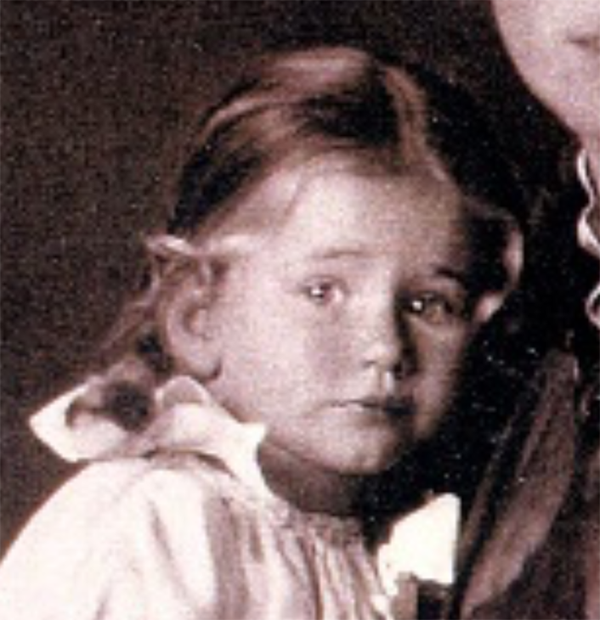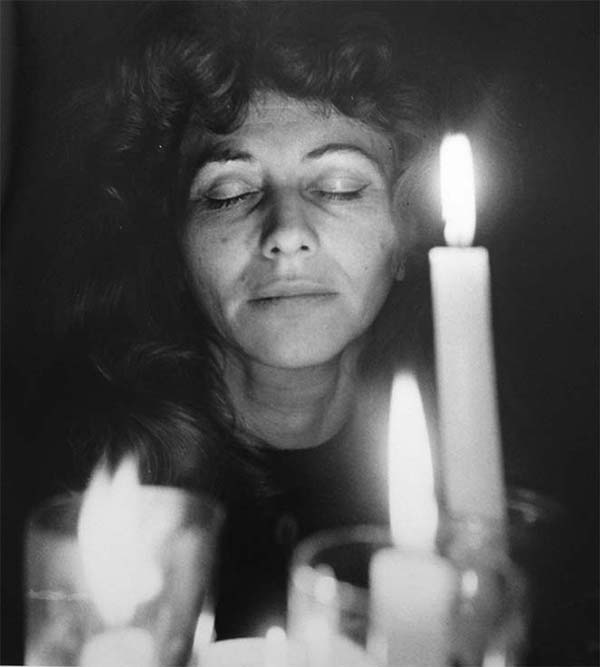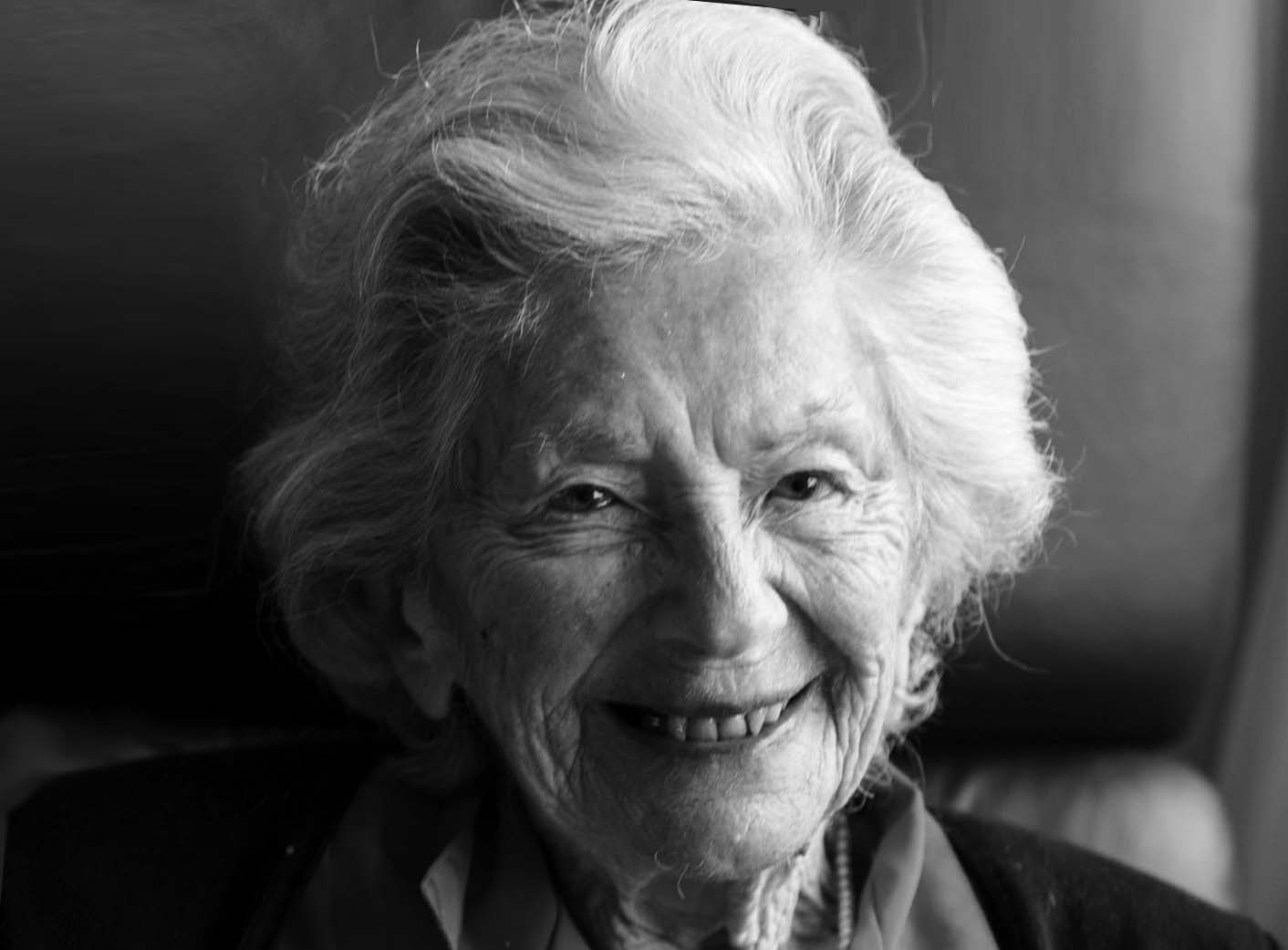Ata Kandó born Etelka Görög; 17 September 1913 – 14 September 2017) was a Hungarian-born Dutch photographer. She began her photography practice in the 1930s with children’s photography. In 1932 she left for Paris with her first husband, the artist Gyula Kando, with whom she had three children. After the war, she joined the Magnum photo agency where she befriended Robert Capa. In Paris, Kandó also worked as a fashion photographer. In 1954 she married the Dutch photographer Ed van der Elsken and moved to Holland with him.
Kando first made her name with compassionate photographs of refugees fleeing their homeland during the 1956 Hungarian revolution. Throughout their adolescence, her children acted as models for her famous story photo books. In the late sixties, Ata Kando went on several expeditions to South America to raise awareness of the genocide against aboriginal tribes in Amazonia.
As a teacher and mentor, Ata Kando also played a significant role for younger generations of Dutch photographers at the Enschede Academy of Visual Arts (AKI) and elsewhere. Among her pupils were later luminaries such as Koen Wessing and Ad van Denderen, the latter of whom, together with Leo Erken, made the selection for her retrospective book Ata Kando Photographer.
Her work has been published in many books, newspapers, and magazines in addition to being seen at numerous exhibitions throughout Europe, Hungary in particular, and North America.
In 1959, she won a silver medal in Munich for fashion photography and then in 1991, received the Pro Cultura Hungarica Medal; this was followed in 1998 with the Imre Nagy Prize, and that same year, she and her husband received the Righteous Among the Nations, awarded by Israel for saving Jews during the Holocaust. In 1999 she was awarded the Hungarian Photographers Association Lifetime Achievement Award.



